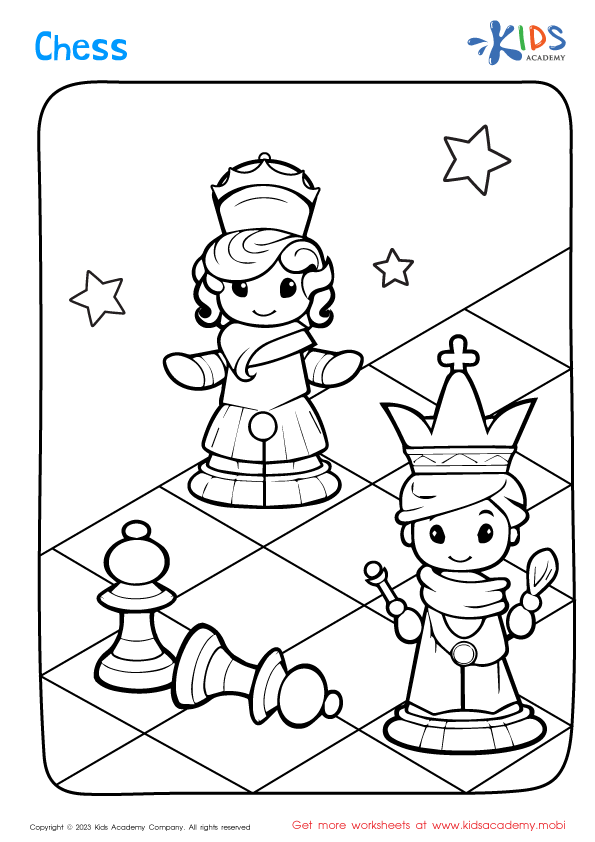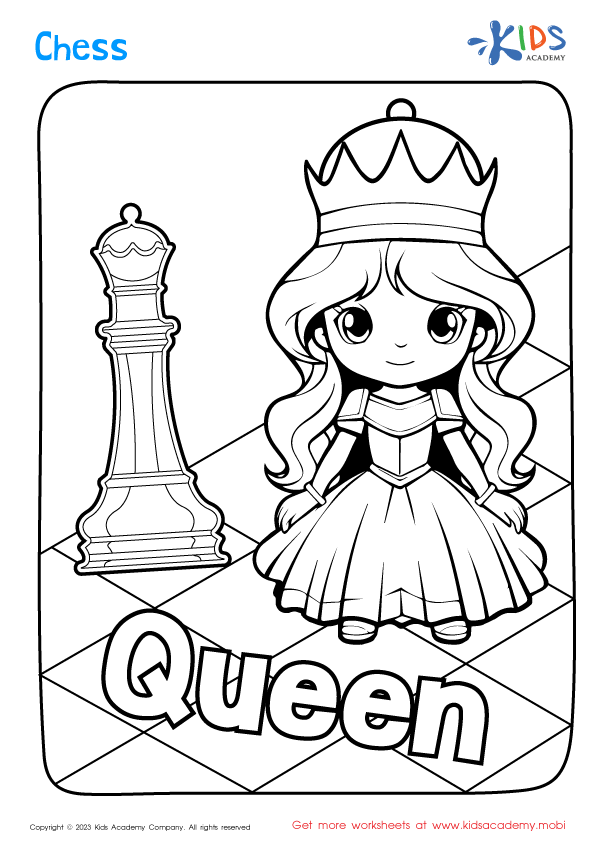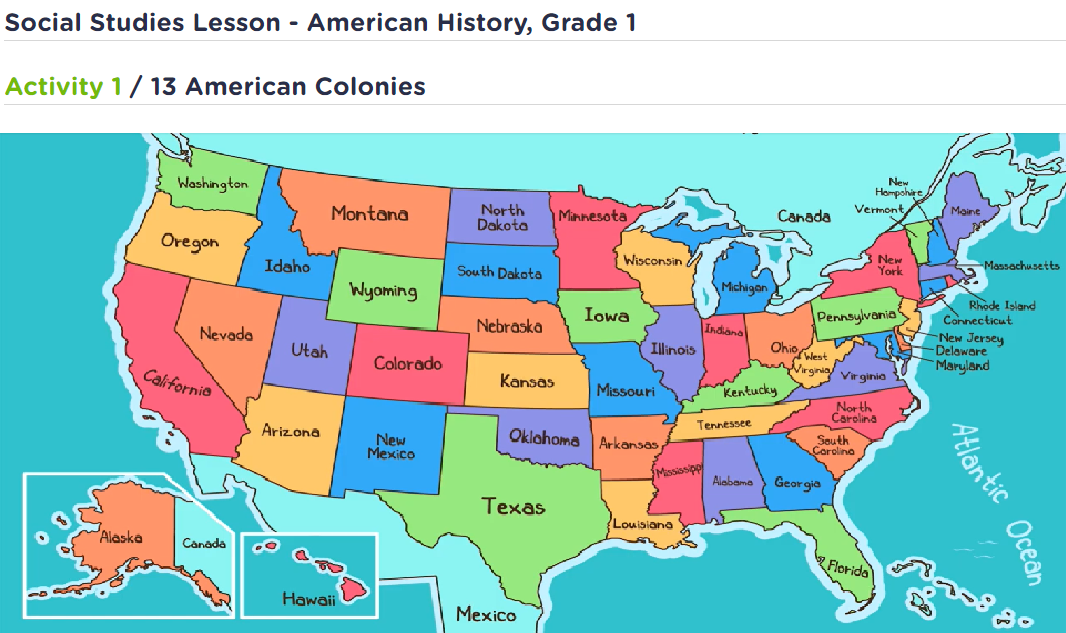Fine Motor Skills Easy Worksheets for 9-Year-Olds
22 filtered results
-
From - To
Our "Fine Motor Skills Easy Worksheets for 9-Year-Olds" are engaging and carefully designed to support your child's development. These printable activities make practicing fine motor skills fun and effective, helping children enhance their hand-eye coordination, dexterity, and pencil grip. Suitable for classroom or at-home use, these worksheets cover a wide range of tasks, from tracing and cutting to detailed drawing and writing exercises. Foster your child's precision and confidence with our innovative and educational resources. Perfect for both parents and educators, these worksheets balance learning and creativity, ensuring that every child progresses with ease.
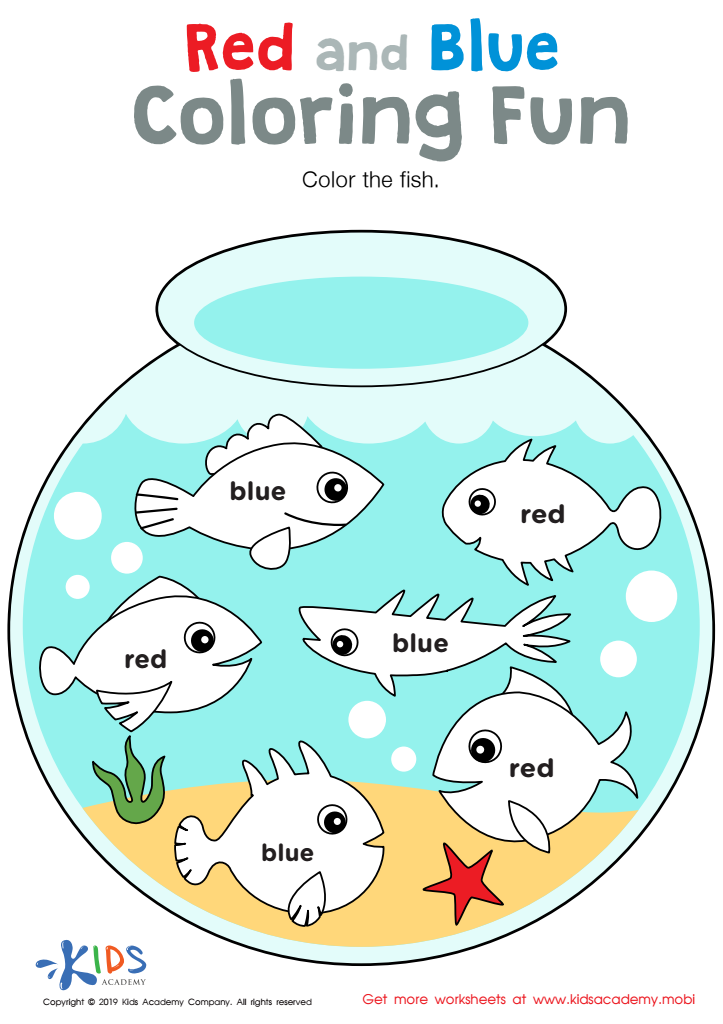

Red and Blue Coloring Fun Worksheet
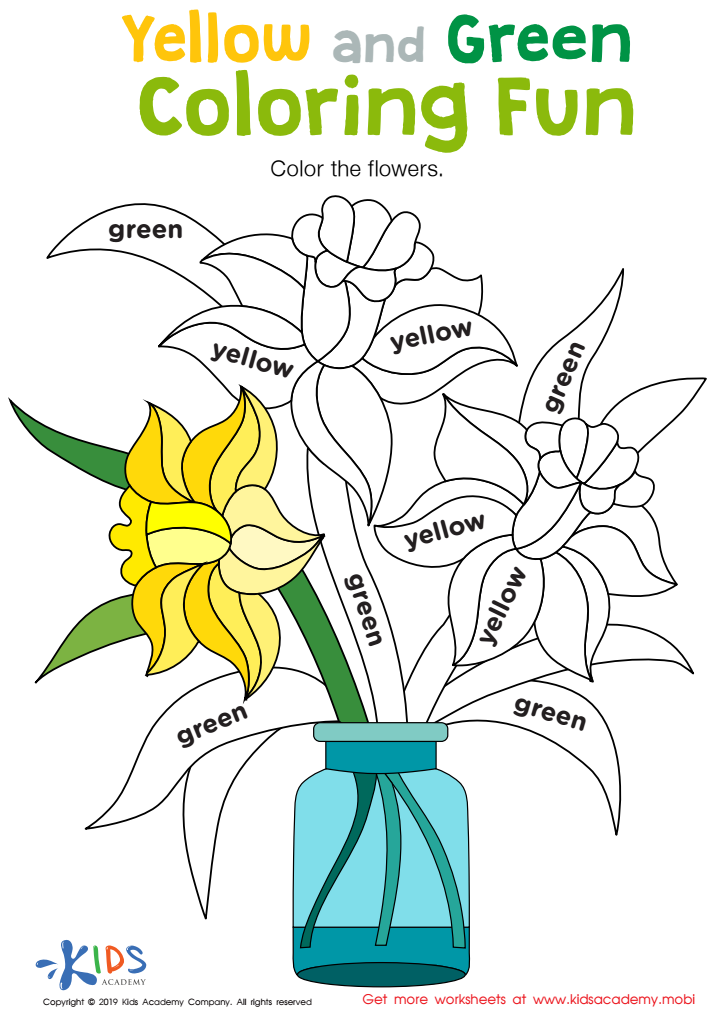

Yellow and Green Coloring Fun Worksheet
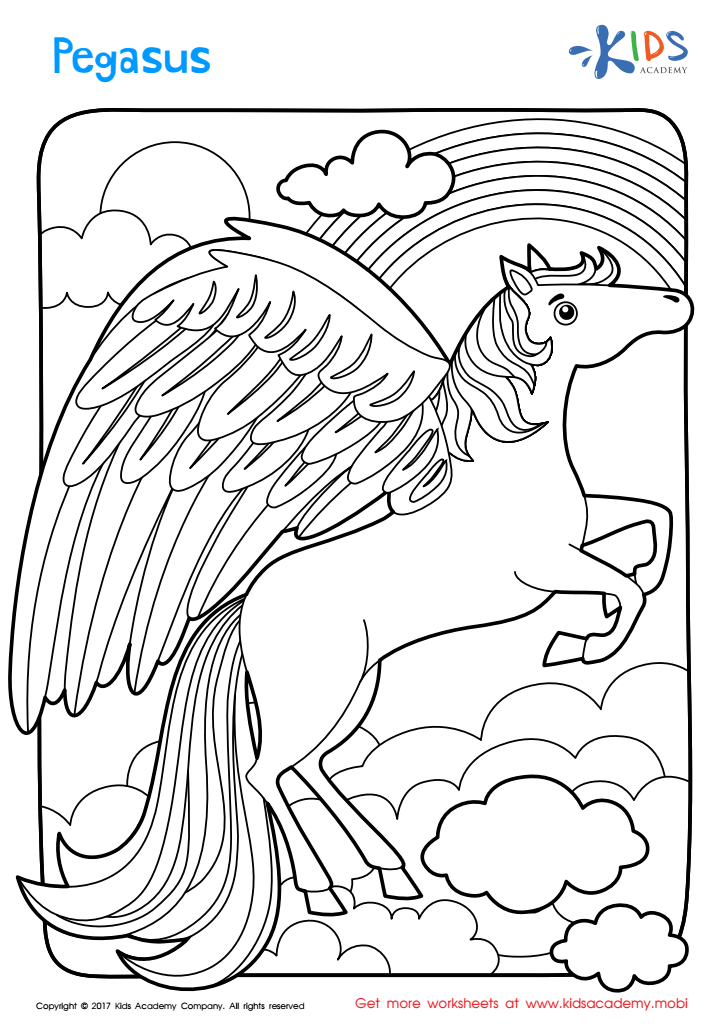

Pegasus Printable
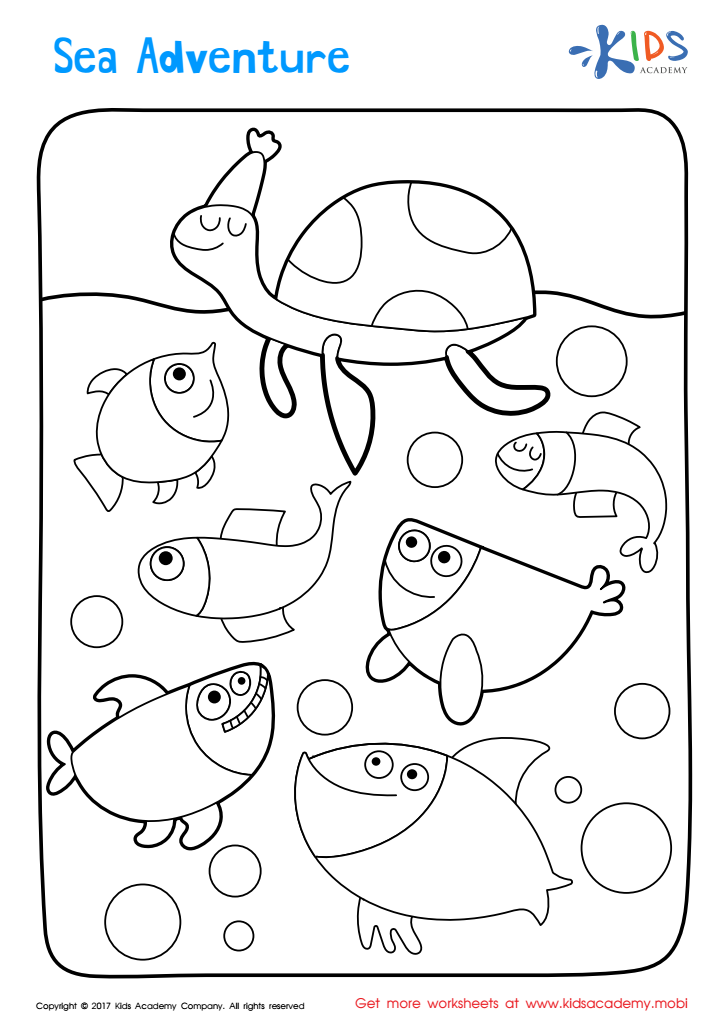

Sea Adventure Coloring Page
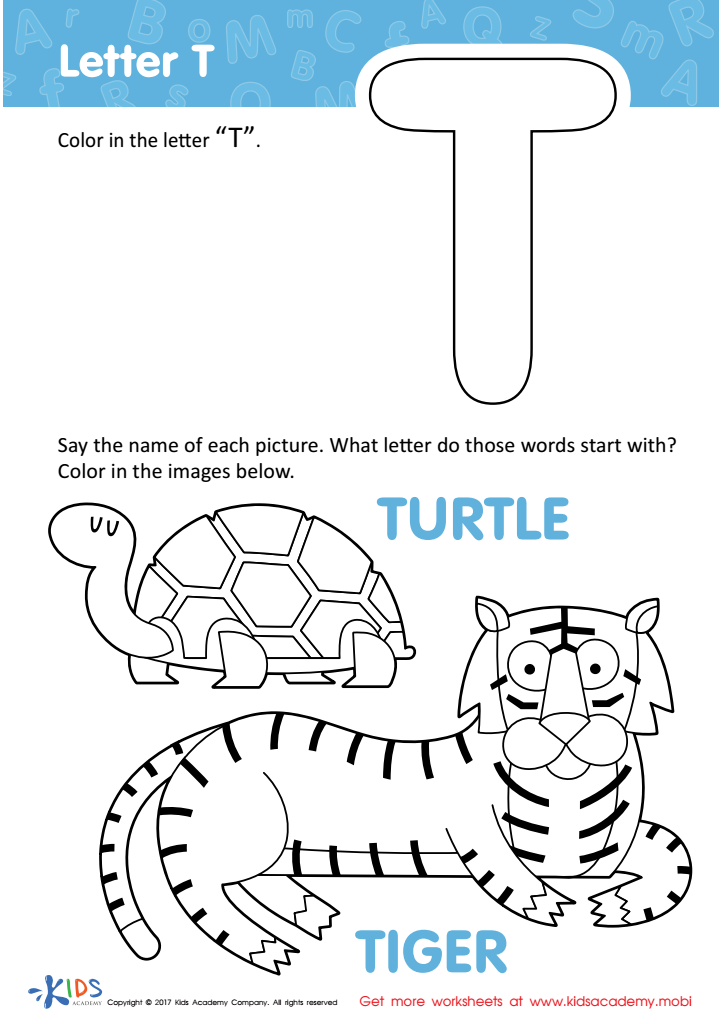

Letter T Coloring Sheet


Counting Seedlings Worksheet


Humming Bird Worksheet
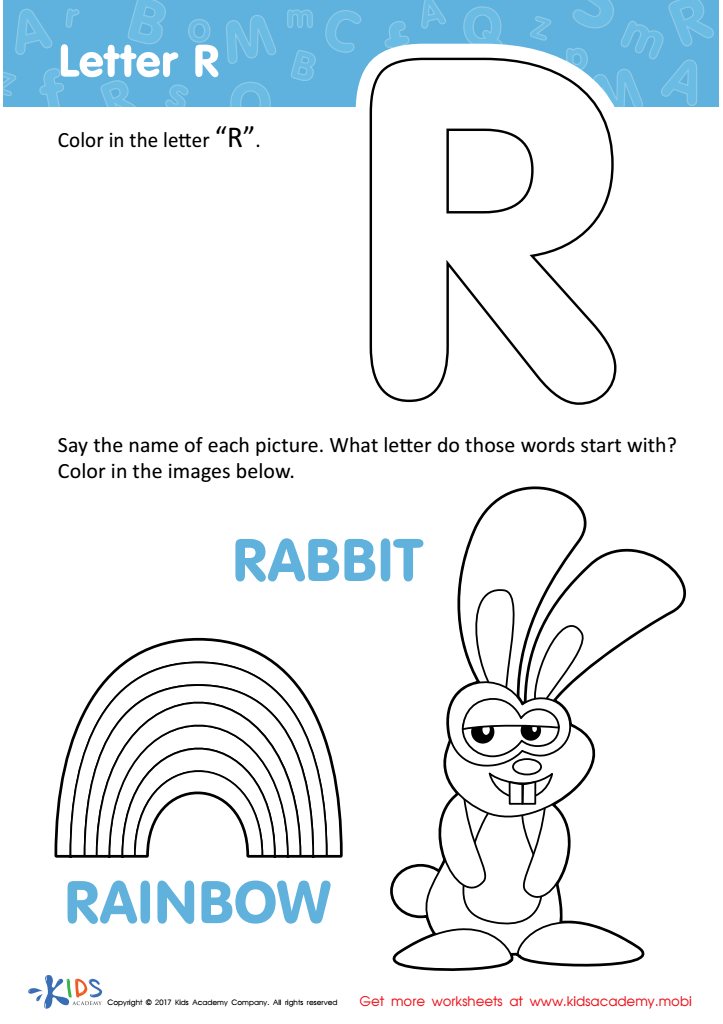

Letter R Coloring Sheet
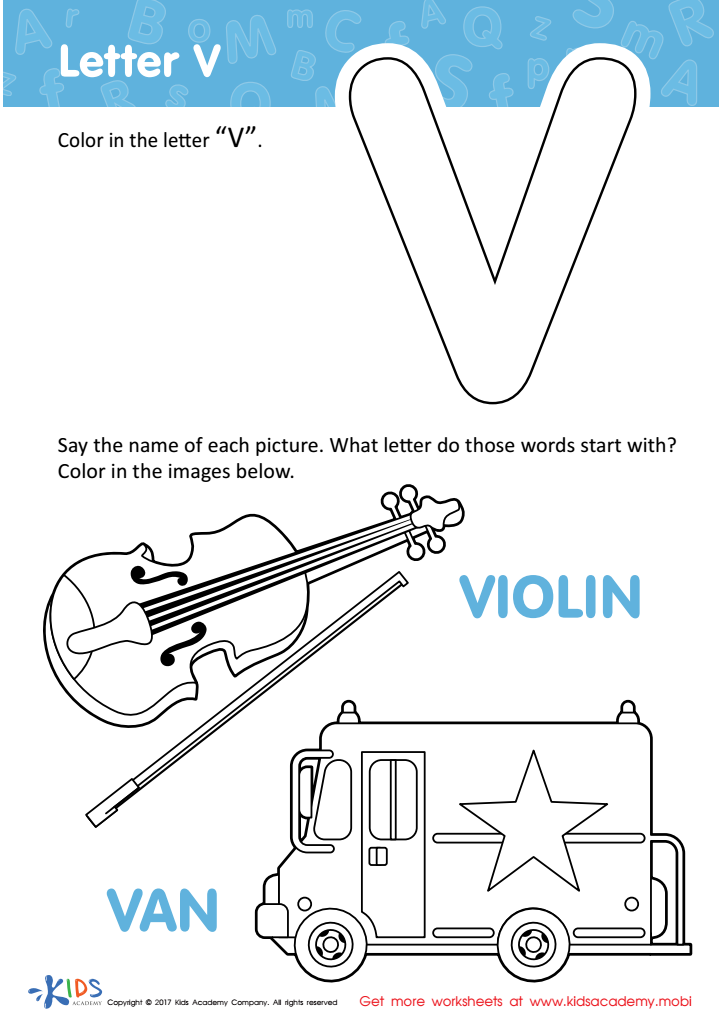

Letter V Coloring Sheet


Little Mermaid Coloring Page
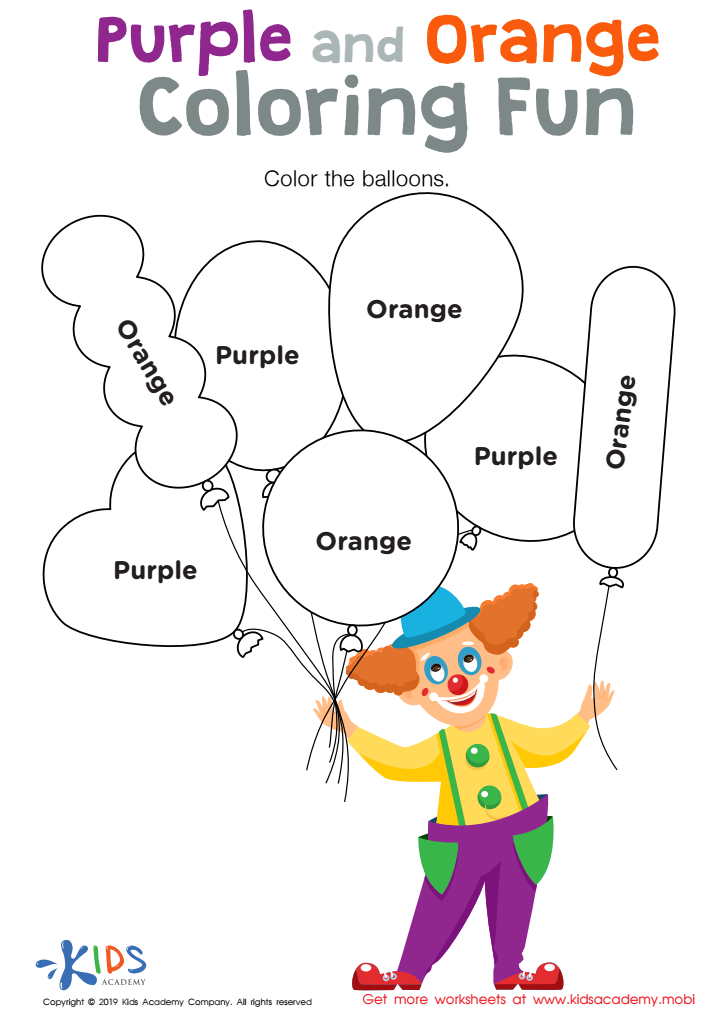

Purple and Orange Coloring Fun Worksheet
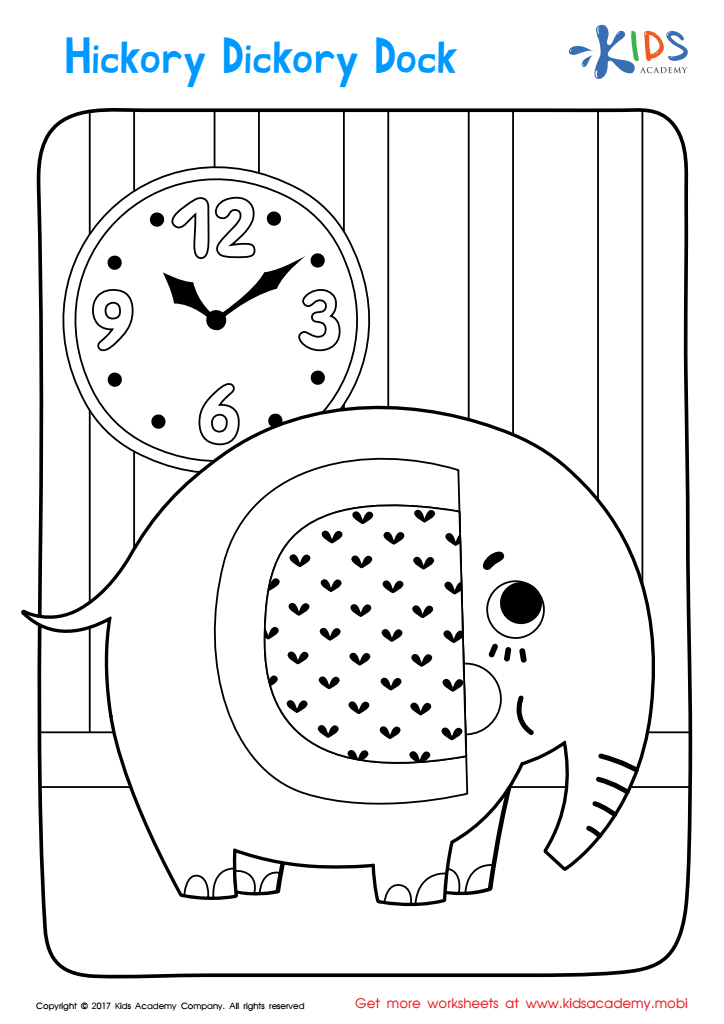

Hickory Dickory Dock Coloring Page
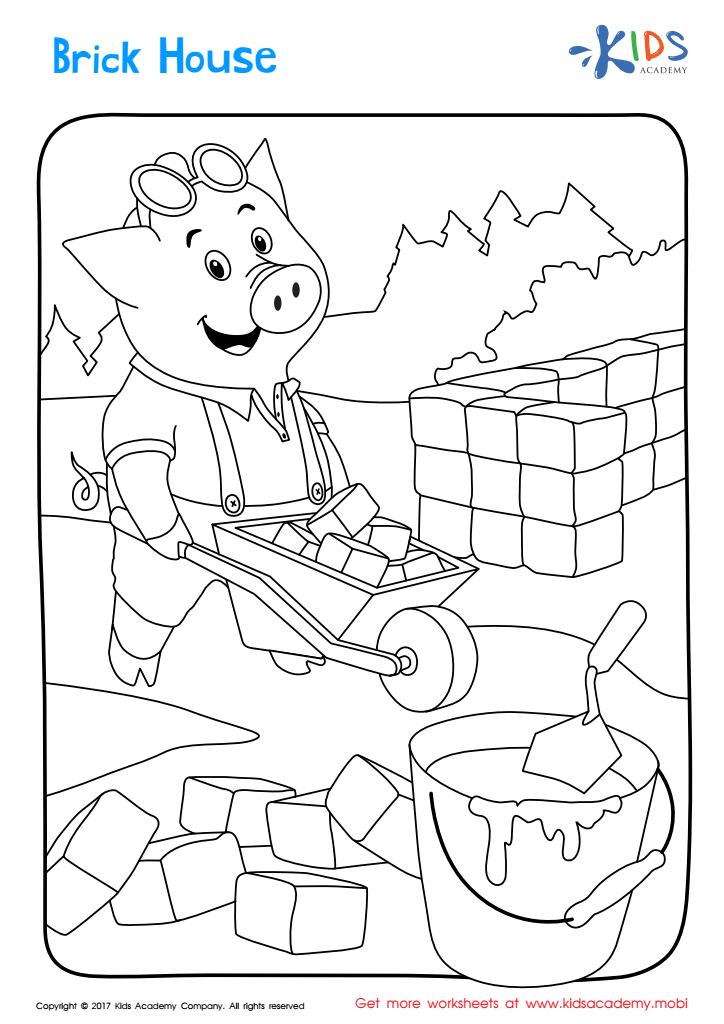

Brick House Printable Coloring Page
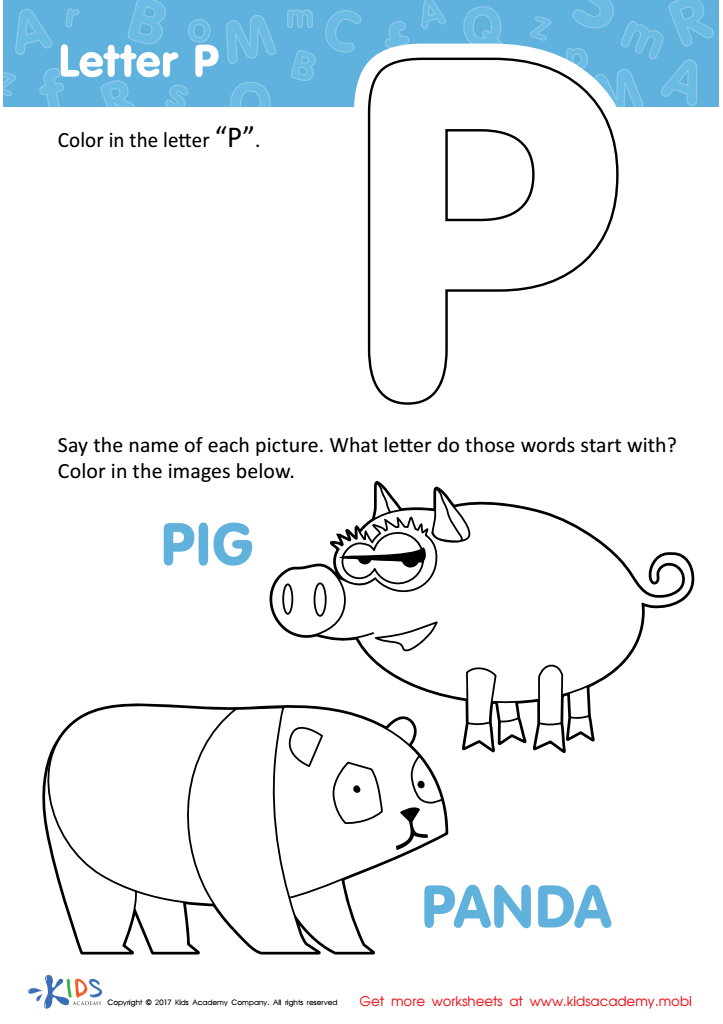

Letter P Coloring Sheet
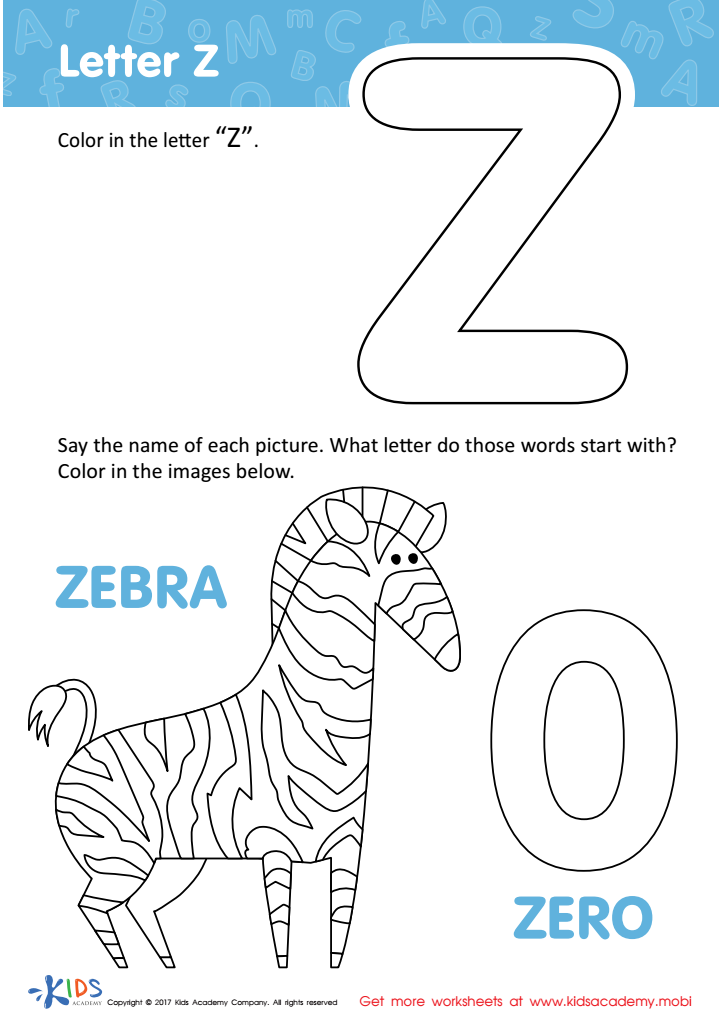

Letter Z Coloring Sheet
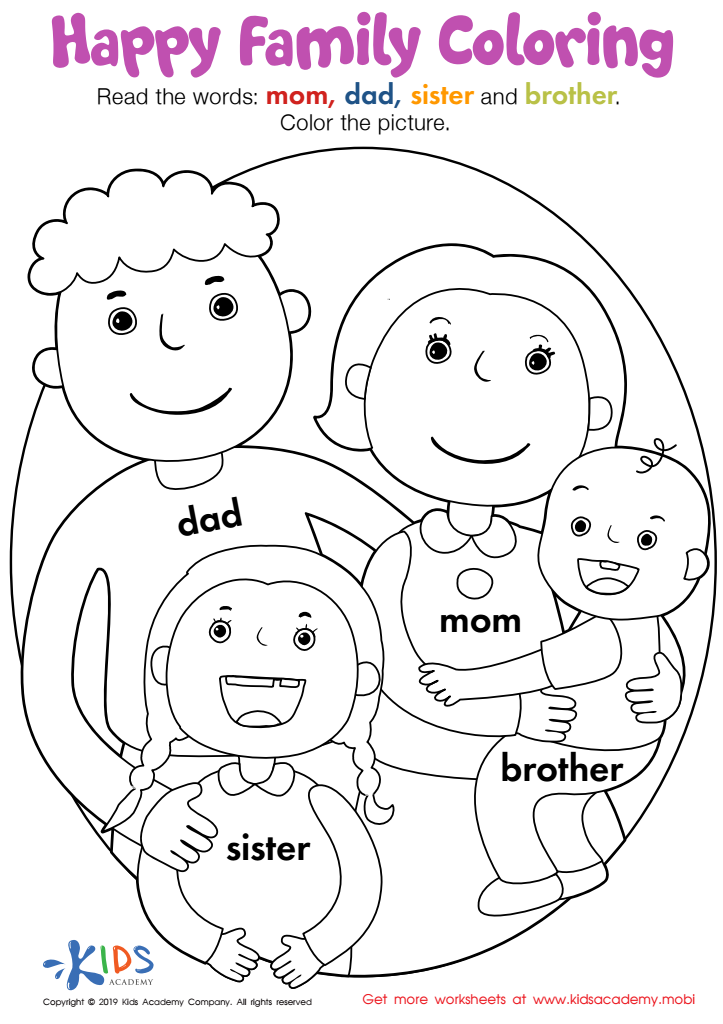

Happy Family Coloring Worksheet
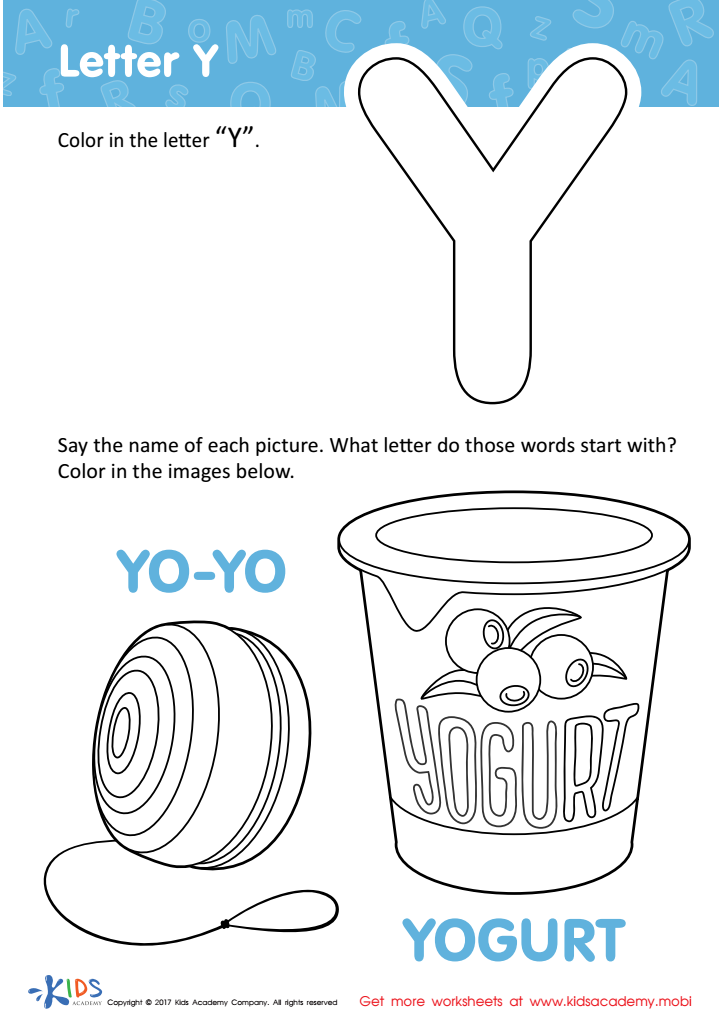

Letter Y Coloring Sheet
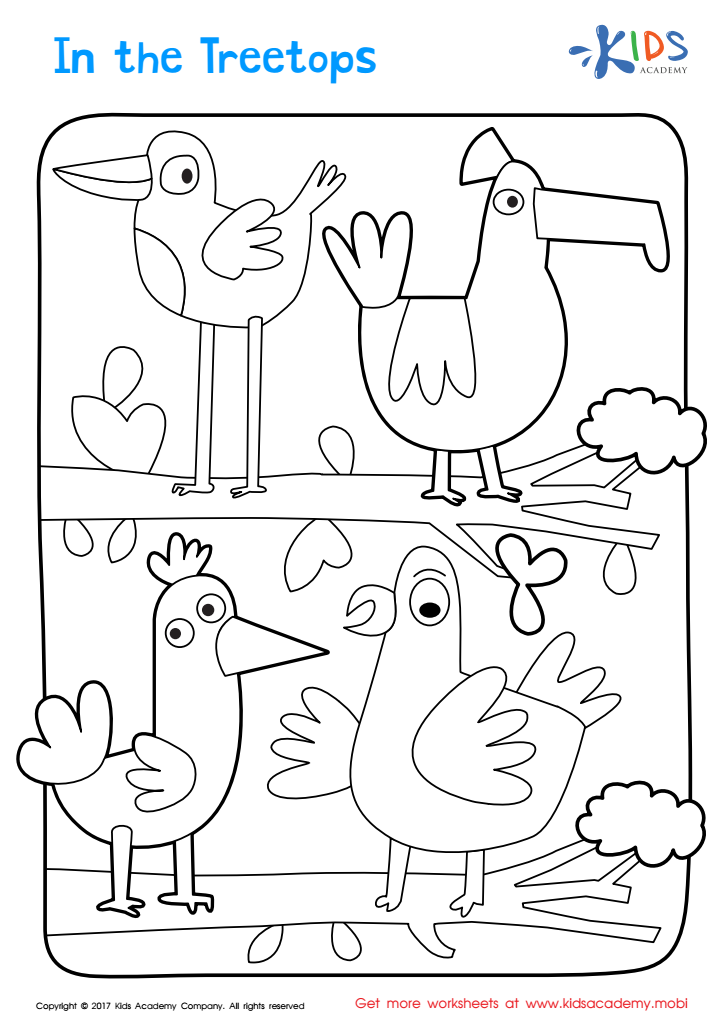

In the Treetops Coloring Page
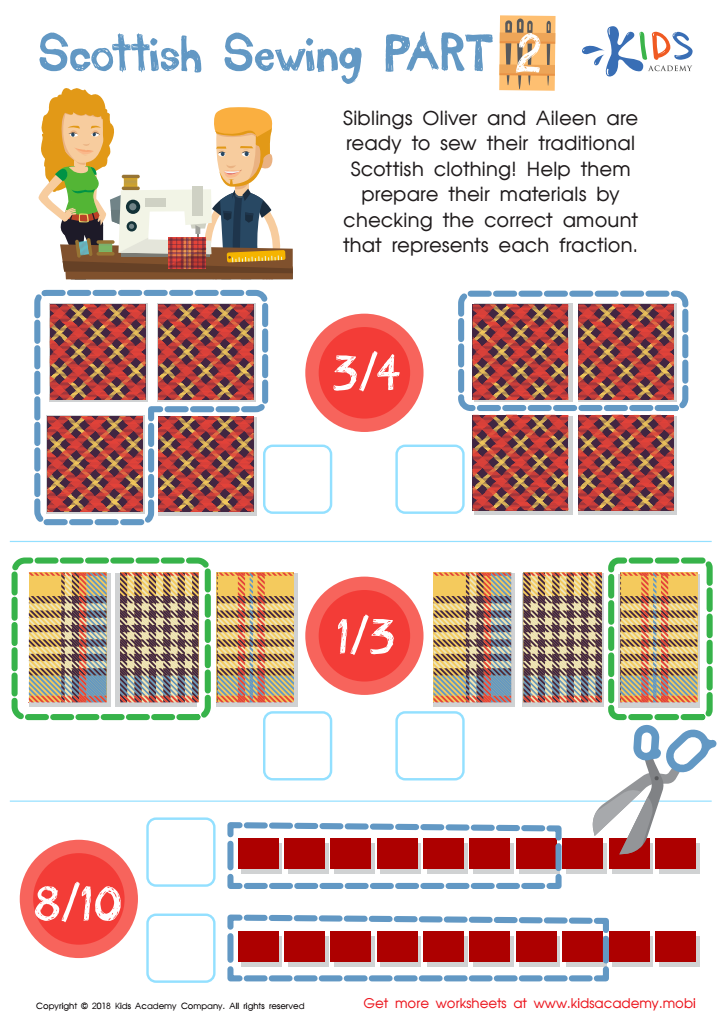

Scottish Sewing Part 2 Worksheet
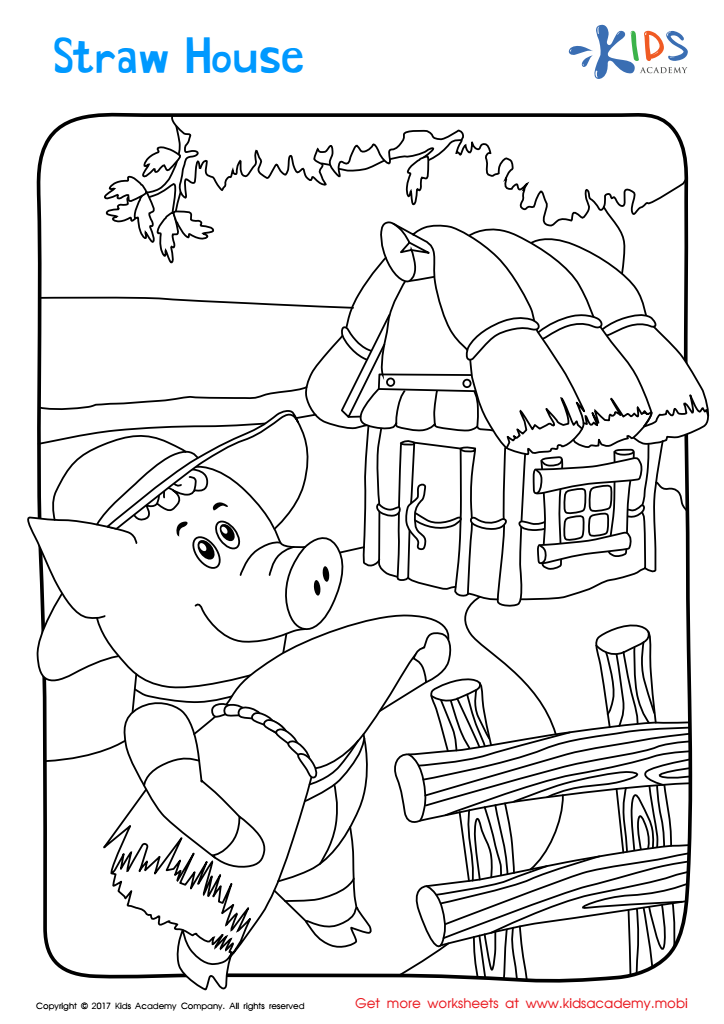

Straw House Printable Coloring Page
Fine motor skills refer to the efficient coordination of small muscles, particularly in the hands and fingers, essential for tasks such as writing, buttoning clothes, and manipulating small objects. For 9-year-olds, developing these skills is crucial for several reasons.
First, fine motor skills impact academic success. Children with well-developed motor skills can write faster and more legibly, which is important for assignments and exams. Writing fluency affects not just Language Arts but spans across subjects like Math and Science, involving charts, graphs, and diagrams.
Secondly, self-care skills like tying shoelaces, feeding oneself, and personal grooming become more proficient with good fine motor control, enhancing a child's independence and self-esteem.
Additionally, fine motor skills are linked to cognitive development. Tasks requiring hand-eye coordination and precise manipulation of objects can also enhance a child’s spatial awareness and problem-solving abilities.
Furthermore, these skills are fundamental for extracurricular activities. From playing musical instruments to participating in sports, good fine motor control can ignite and sustain interest in such enriching activities.
Finally, emotional and social development is affected. Children with age-appropriate fine motor skills often experience lower frustration levels and higher social inclusion since they can participate more effectively during play and work activities.
Investing in the development of fine motor skills sets a robust foundation for life-long learning and daily functionality, fostering well-rounded growth in children.
 Assign to My Students
Assign to My Students



